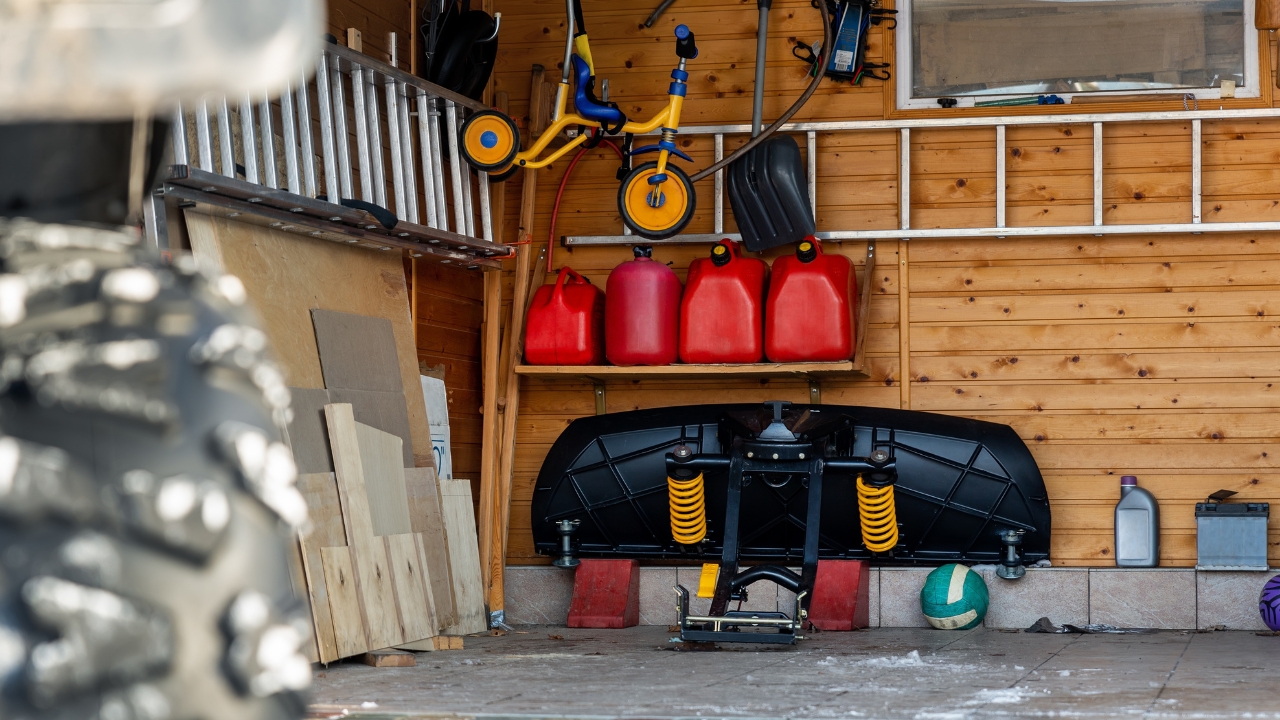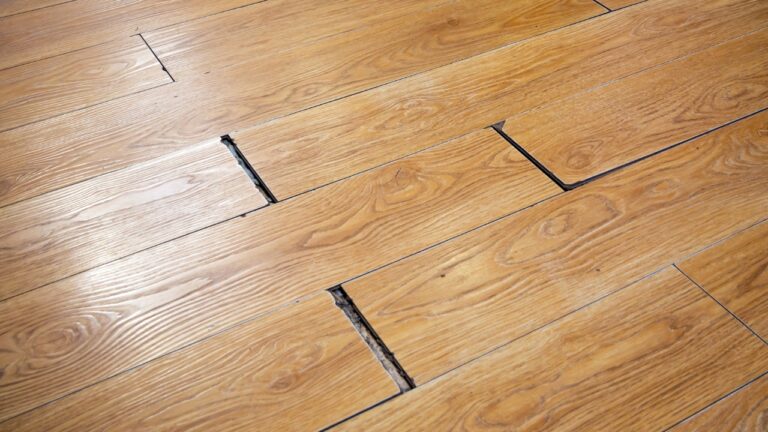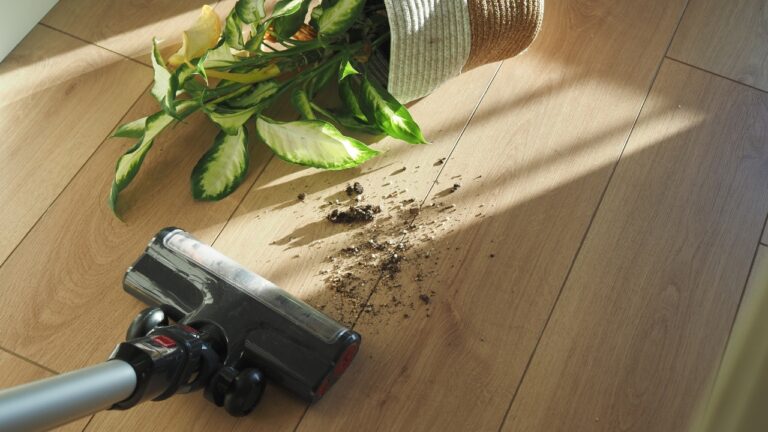10 Things That Are Probably Overheating in Your Garage Right Now
If you’re not keeping an eye on the heat in your garage, you’re probably cooking more than you think. Most garages aren’t insulated, and in the summer they turn into ovens. That puts anything stored out there at risk—from tools to food to electronics. Some things break down quietly until they quit working altogether. Others can turn into safety hazards. Here’s what to check before the damage sets in.
Paint and Spray Cans
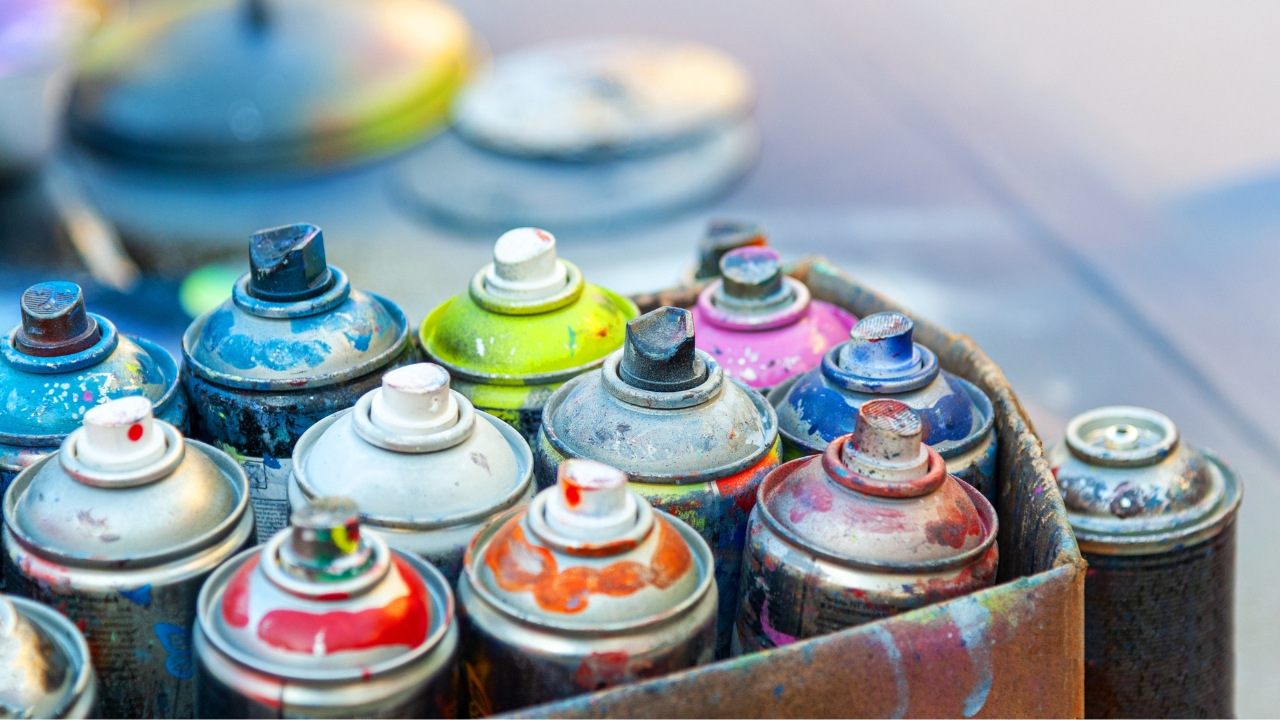
High temps can cause cans of paint, stain, or spray to expand and leak—or worse, explode. Even if they look fine, the quality starts to break down once it gets too hot.
If you’ve got leftover paint you actually plan to use again, move it inside where temps stay more stable. And double-check anything in aerosol form—those pressure changes aren’t worth the mess or the risk.
Batteries

Tool batteries, car batteries, or backup power packs don’t hold up well in extreme heat. High temps speed up internal breakdown and shorten the overall lifespan.
If your battery-operated tools are stored out there year-round, you’re probably noticing they don’t last as long as they used to. Charging a hot battery can also be dangerous, so bring them inside to cool down first.
Food and Pet Supplies

If you’ve got extra canned goods, snacks, or pet food sitting in the garage, heat can mess with freshness fast. Cans may bulge, dry food can go rancid, and anything plastic-sealed may start to leach.
It might feel convenient to stash bulk food out there, but high garage temps make that risky. You’re better off storing any long-term food inside, especially during the summer.
Cleaning Products and Chemicals
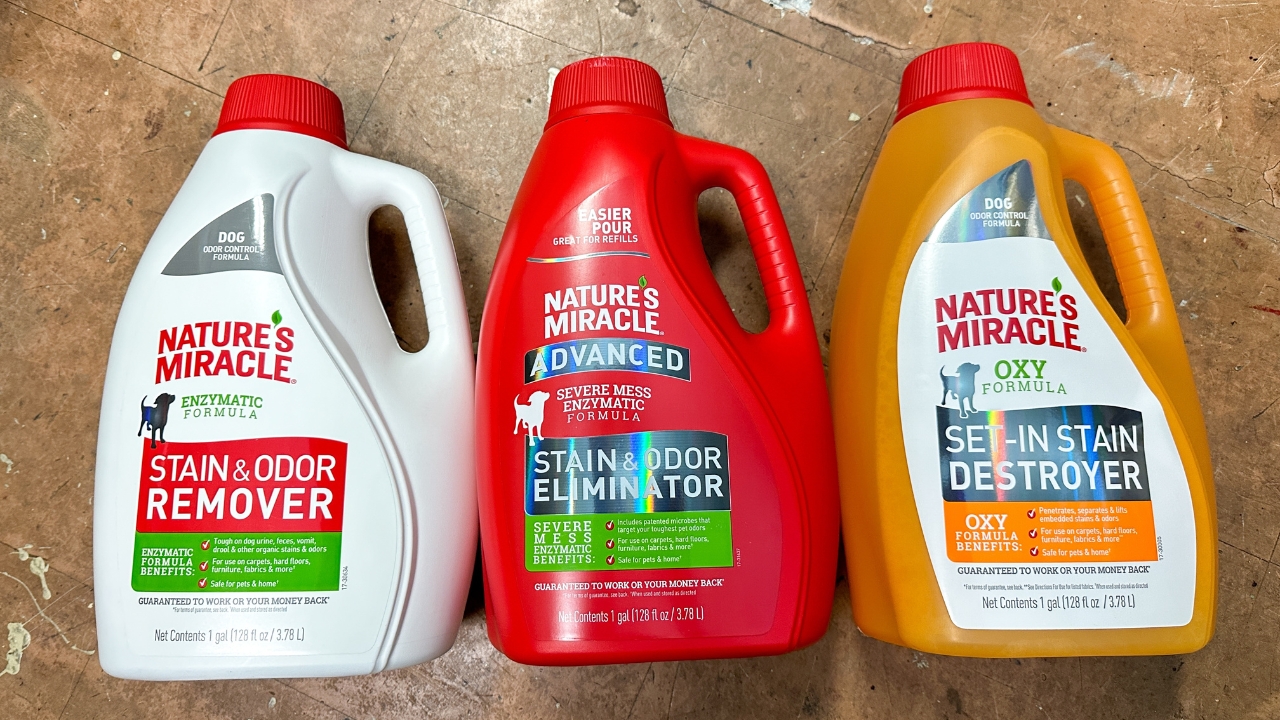
Bleach, degreasers, and most other cleaners start to break down under extreme heat. Some become less effective, and others turn into something more dangerous.
Always check labels—many say to store in a cool, dry place for a reason. If you use your garage as a chemical catch-all, take a few minutes to rethink where those bottles are sitting.
Paint Thinner and Gasoline
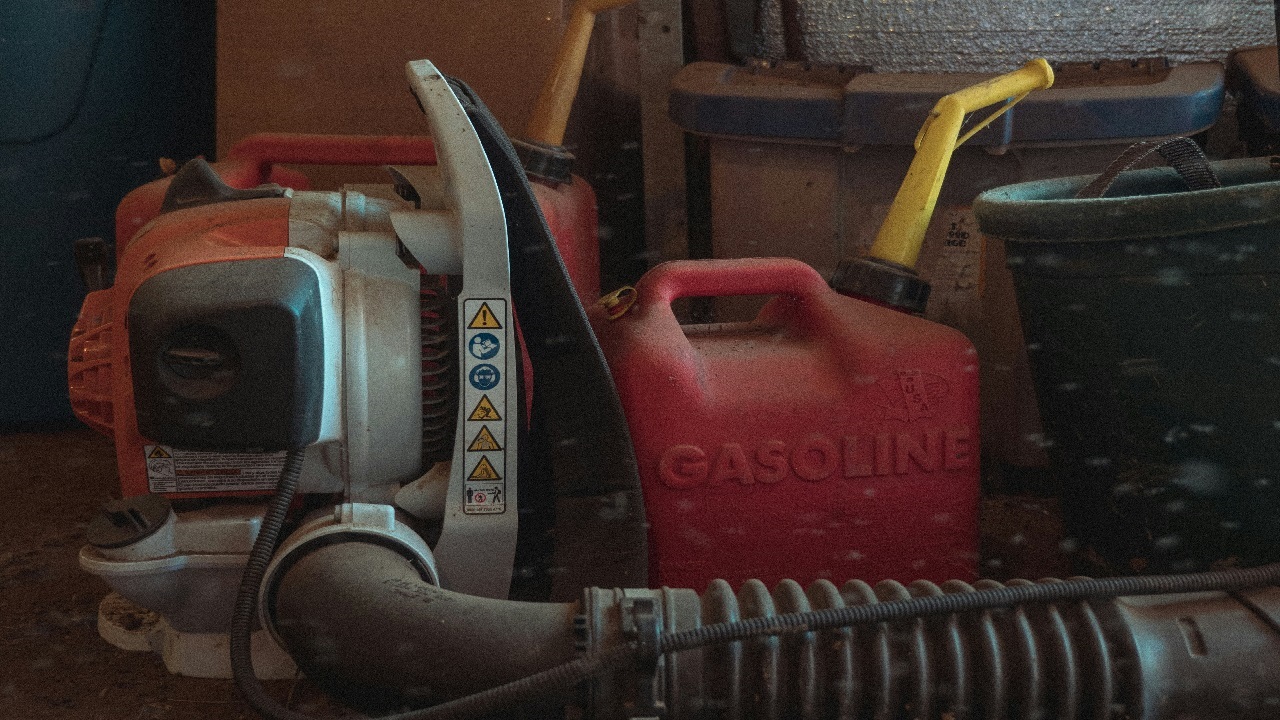
Flammable liquids like gasoline, paint thinner, or mineral spirits don’t belong in a hot, unventilated garage. Vapors build up fast and can be ignited by something as small as a spark or static.
Even if the containers are sealed, the fumes can leak out. If you have to keep these products around, make sure they’re stored properly in well-ventilated, fire-safe containers—and preferably not in the heat.
Electronics and Power Tools
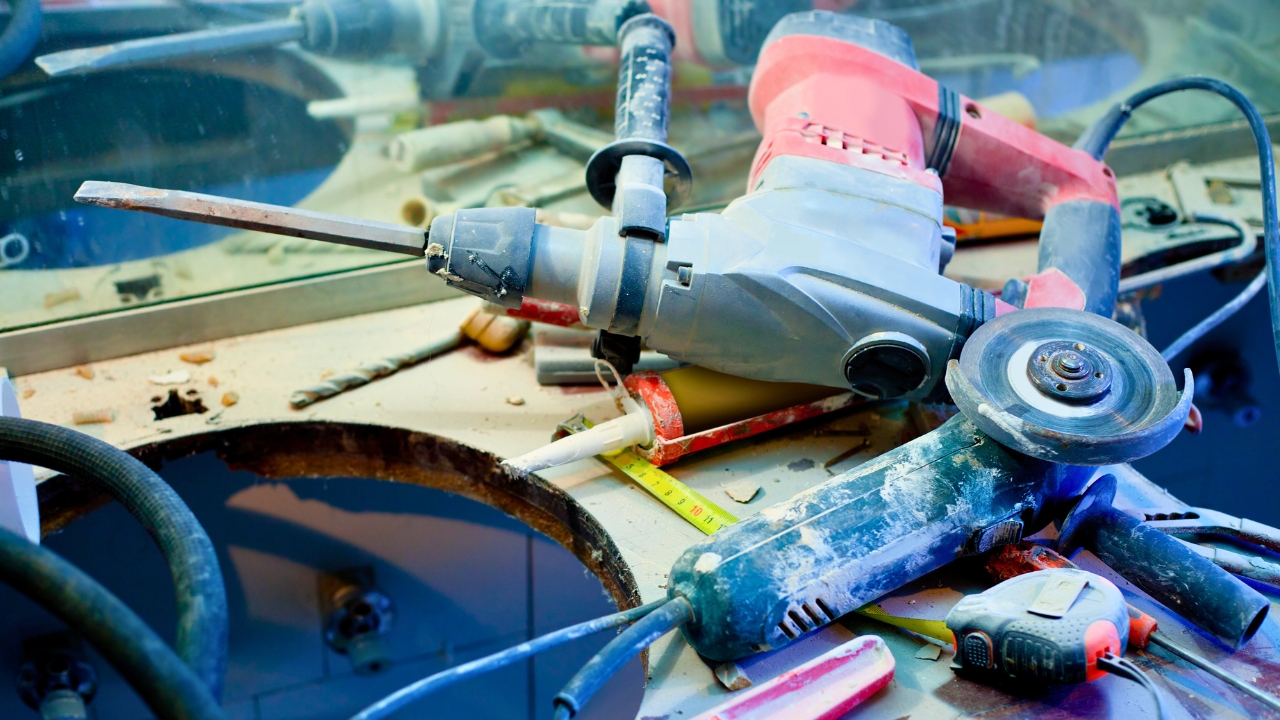
Any electronics with circuit boards—like shop lights, chargers, or air compressors—can overheat and fail early. Even plastic casings can start to warp.
If something feels hot to the touch or stops working out of nowhere, the heat might be to blame. Try to store high-dollar tools and gear where temps are better controlled when you can.
Paintbrushes, Rollers, and Caulk
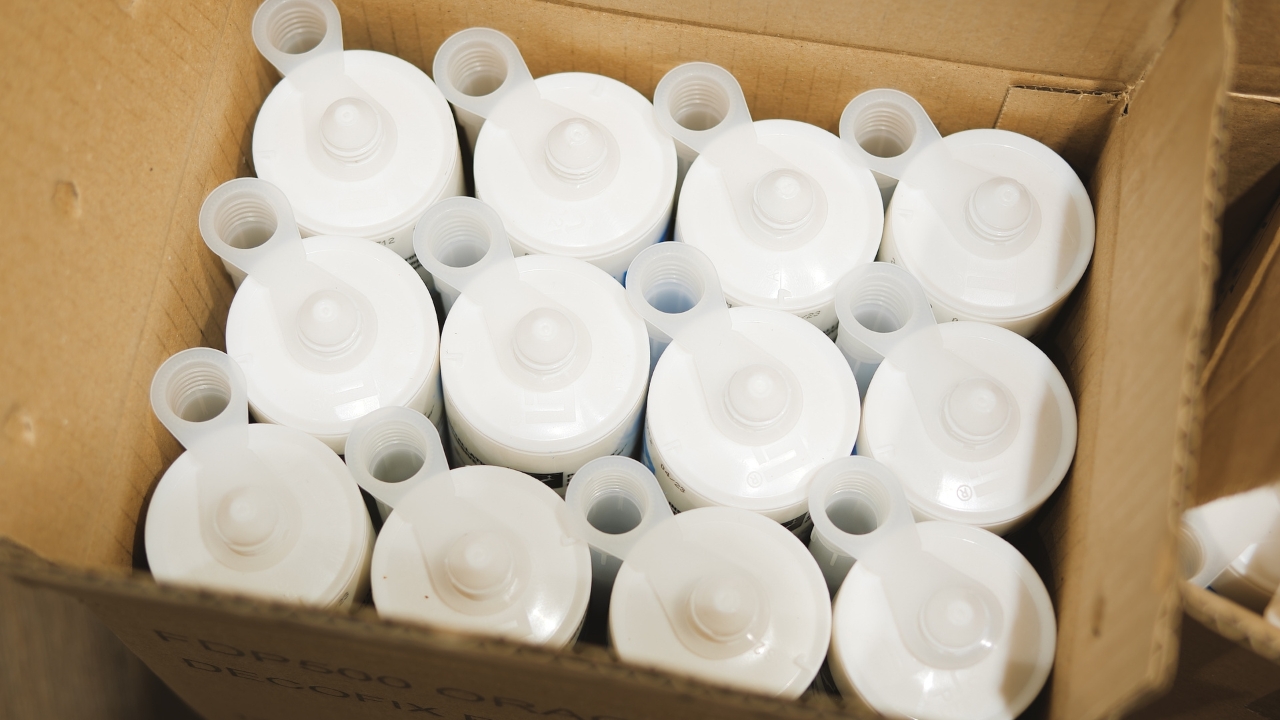
It doesn’t take long for summer heat to ruin paint tools. Bristles stiffen, rollers dry out, and caulk can separate or solidify.
Even unopened tubes of caulk can go bad if the temperature’s too high for too long. If you’re planning future DIYs, double-check your supplies before assuming they’re still usable.
Propane Tanks
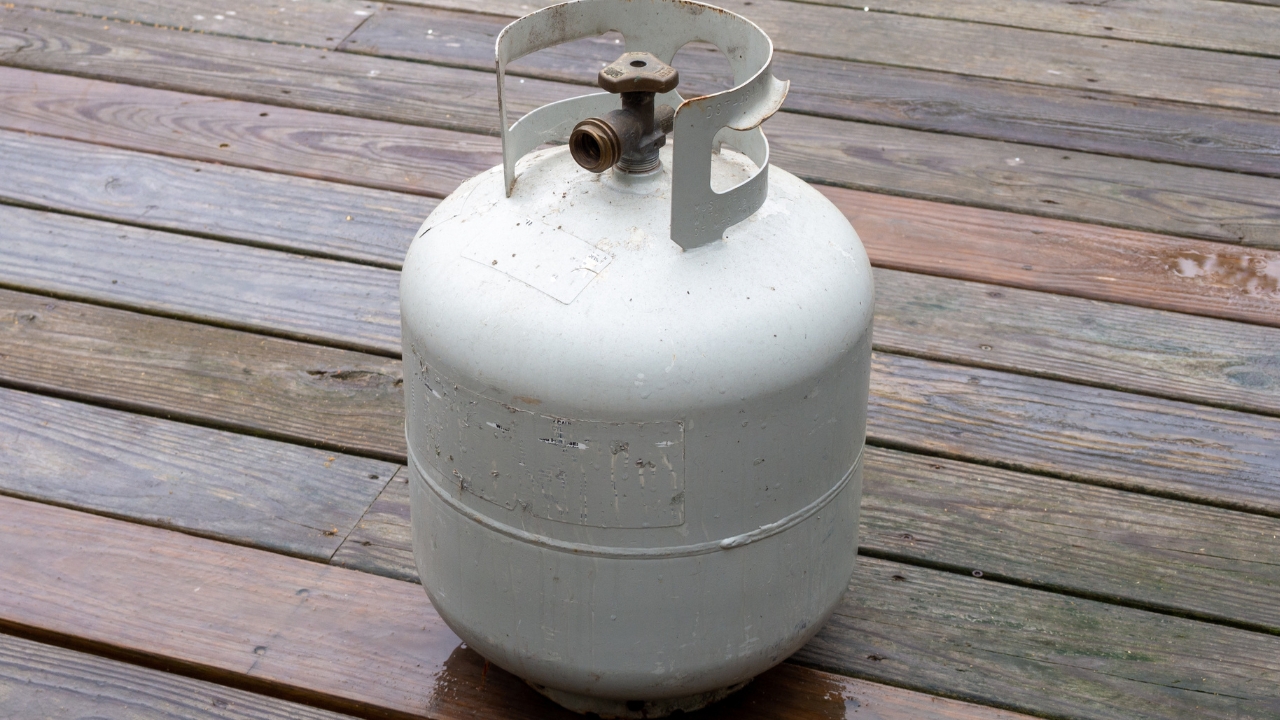
Technically, propane tanks are built to vent safely under pressure, but it’s not ideal to leave them in a hot, enclosed space. The pressure inside rises fast with temperature.
Store tanks upright in a shaded, ventilated area instead of tucking them in the garage. And never keep them next to anything flammable or plugged in.
Plastic Storage Bins

Not all plastic holds up in extreme heat. Cheaper bins can warp, crack, or even melt slightly—especially if they’re in direct sun through a garage window.
That means the stuff inside those bins might not be protected either. Photos, candles, certain fabrics, and vinyls are all sensitive to high temps and may not survive a heatwave in a plastic tote.
Spare Tires
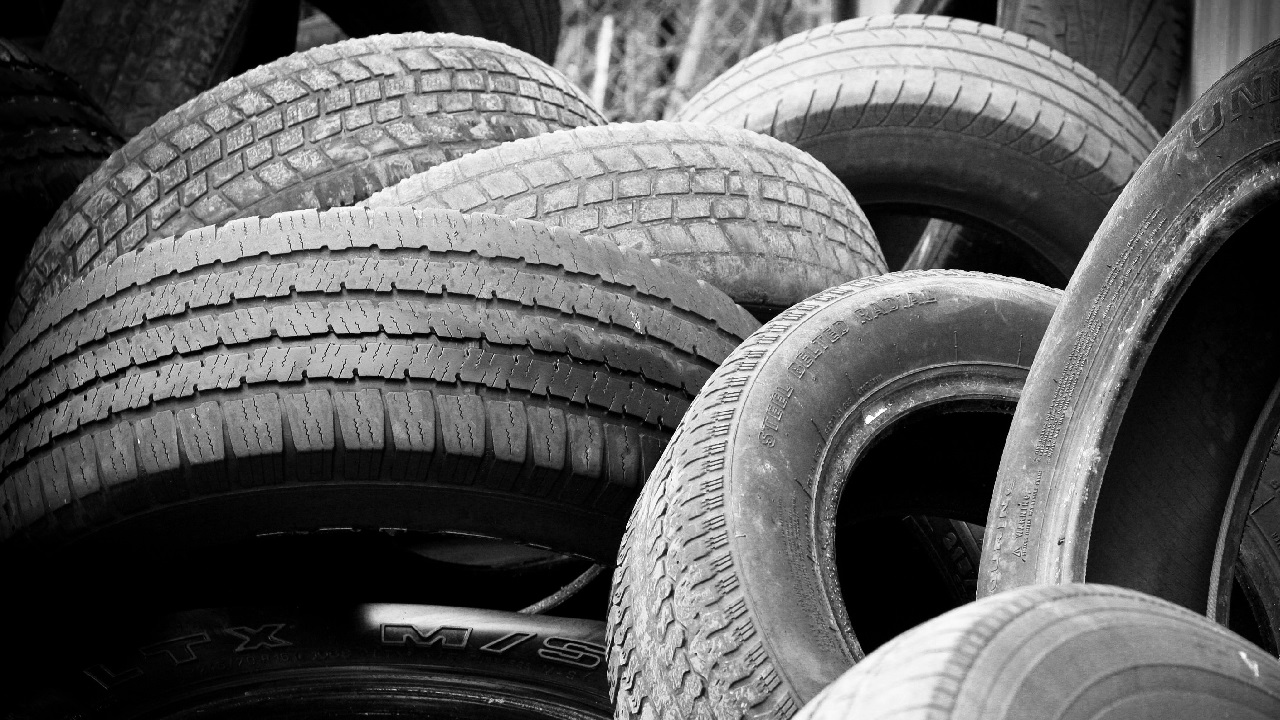
Rubber doesn’t love heat, and tires stored in hot garages are quietly degrading every day. The oils in the rubber start to dry out, and over time that leads to dry rot and cracking.
If you’ve got a set of spares or seasonal tires in the corner, check the sidewalls and treads. You don’t want to find out they’re no good when you actually need them.
*This article was developed with AI-powered tools and has been carefully reviewed by our editors.

